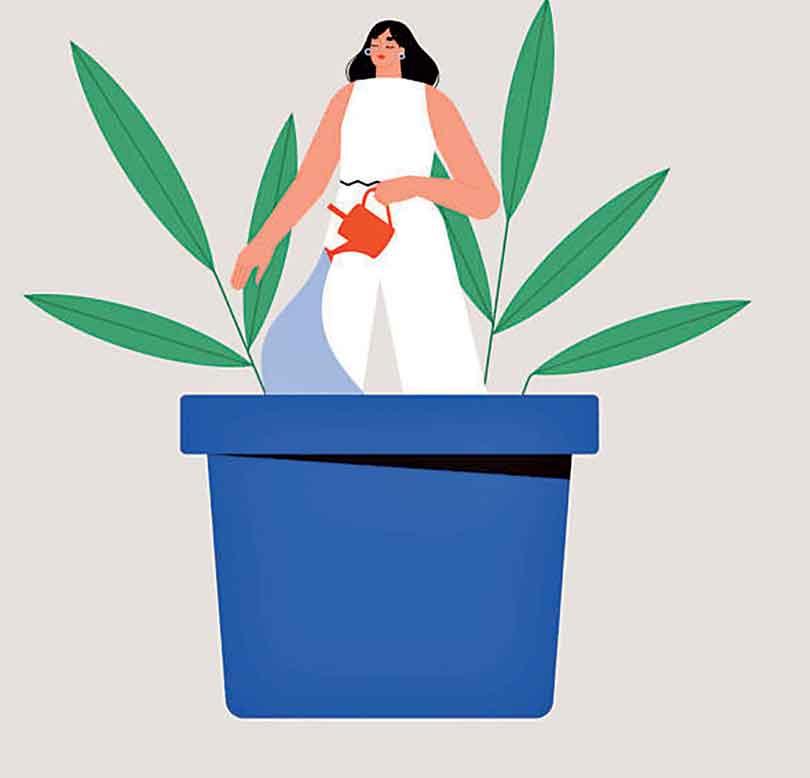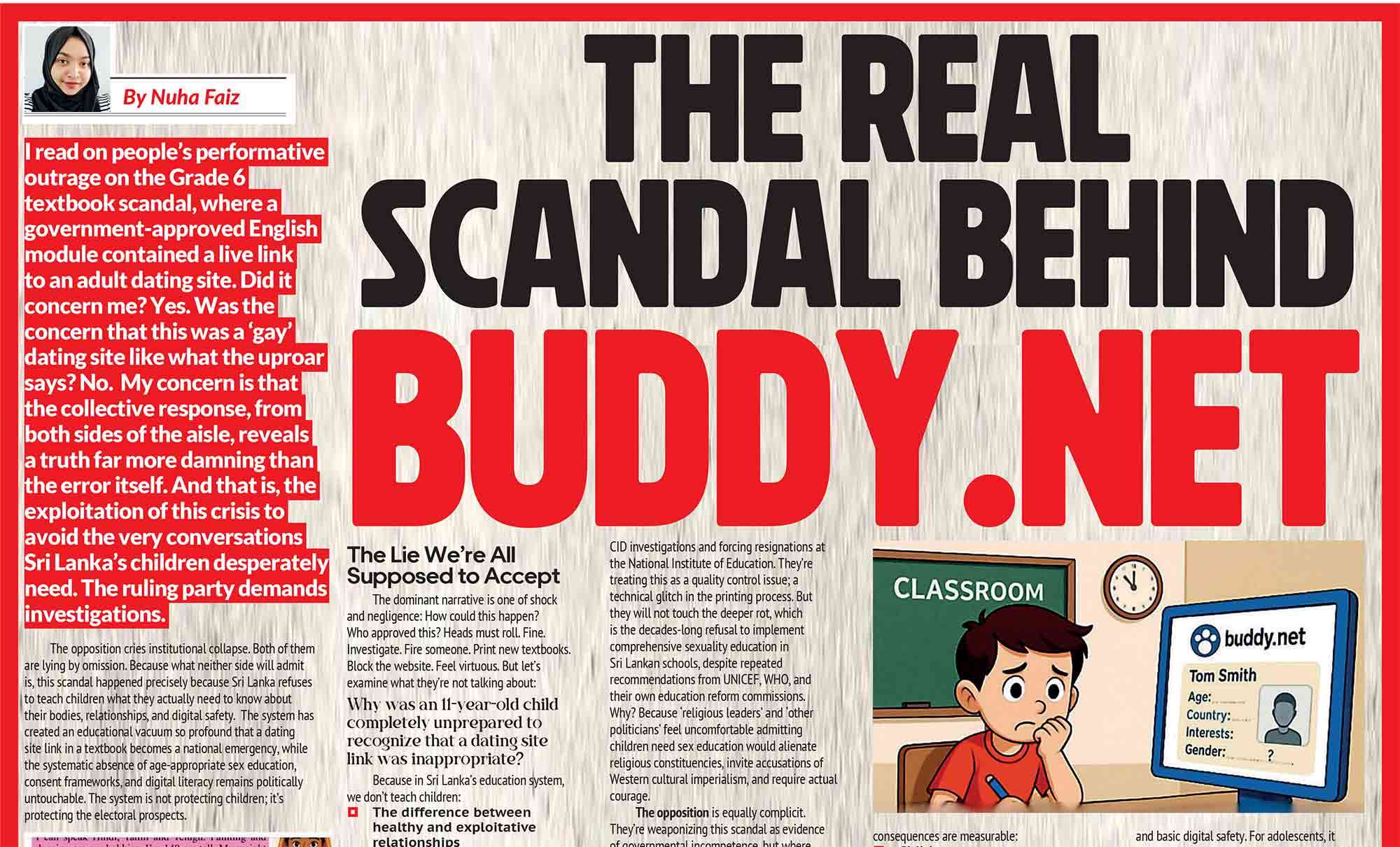

Somewhere along the way, “becoming the best version of yourself” quietly transformed into a silent competition. Everywhere you look, Instagram reels, YouTube vlogs, TikTok productivity edits and someone is waking up at 5 a.m., drinking their matcha, journaling their gratitude list, reading three books a week, hitting the gym, building a side hustle, and still somehow having time to meditate before bed. Not that I think any of these habits are wrong, but simply, there is only so much each individual can and needs to do. Self-improvement used to be about growing at your own pace. Now it feels like a race you never signed up for. This new form of lifestyle pressure is subtle, almost invisible. It disguises itself as motivation, inspiration, and “aesthetic living.” But beneath the beautifully filtered routines and colour-coded planners lies a growing problem: We’ve turned self-improvement into a competition, and that’s the problem.
The Rise of Competitive Self-Improvement
The self-improvement industry has exploded in the past decade. A space that once encouraged slow, intentional growth has evolved into a multi-billion-dollar market filled with habits to track, books to read, challenges to join, and routines to copy. Social media plays a major role in this transformation. Every time we open a social media platform, we see content with idealistic self-improvement trends like “that girl routines,” “morning glow-ups,” and “Lucky girl syndrome”. At first glance, these trends can feel inspiring. But repeated exposure creates an invisible pressure to keep up. The message becomes: “If you want to be successful, you must do exactly what these people are doing, and more.” Suddenly, self-improvement stops being a journey and becomes a competition, a performance, and it’s harming more people than it’s helping. I believe personal growth to be a journey that is unique to each individual, taking into account our abilities, resources and goals. However, due to the pressure arising from the need to follow social media trends, we often tend to forget that personal growth is simply about who we are and who we aspire to be.
When Self-Improvement Stops Helping
Self-improvement sounds positive. Who wouldn’t want to grow, learn, and become better? But the problem begins when improvement turns into obligation, guilt, or comparison. Many people experience:
Constant Comparison
No matter how much you do, someone appears to be doing more:
- more books
- more workouts
- more journaling
- more success
Instead of being proud of your progress, you feel behind.
Productivity Guilt
Could have had a perfectly good day, work done, rest taken, but because we didn’t tick off 10 habits from a tracker, we feel lazy.
Burnout
Ironically, I think the pressure to be productive and “healthy” can exhaust us more than the work we actually do. People push themselves to maintain unrealistic routines, thinking consistency equals success. Eventually, both the mind and body get tired. I suppose consistency equals success only when we’re consistent about the right things, and in the right amounts.
Losing the Joy of Growing
When improvement is done for social approval or aesthetics, it stops being fulfilling. You begin doing things because others are doing them, not because they make you happy or because they matter to you. Meaning growth has become performative instead of personal.
The Consequences We Don’t Talk About
As someone who has tried keeping up with self-improvement trends, I’m convinced that competitive self-improvement has real emotional and psychological effects, many of which go unnoticed.
Increased Anxiety
The constant feeling of not doing enough, or not doing things “correctly”, stresses us out. Even rest feels undeserved.
Loss of Identity
If all our habits and routines are borrowed, when do we listen to our true selves? We begin to lose connection to what we truly enjoy.
Unhealthy Comparison Cycles
Comparison becomes automatic, and joy becomes secondary. We stop celebrating our wins because someone else is achieving more.
Pressure to Always Be “Better”
There is no finish line in self-improvement. We can always:
read more
wake up earlier
meditate longer
hustle harder
This endless pursuit makes people feel inadequate, even when they’re progressing wonderfully.
Aesthetic Over Authenticity
Most routines are curated to be pretty, not practical. Growth becomes about the appearance of discipline and not actual transformation.
What is true Self-Improvement like?
I am of the opinion that self-improvement is supposed to be deeply personal. It should be about discovering what makes our life better, not what makes life appear impressive. Some days you’ll make progress, other days you’ll rest. Both are valuable. True improvement is consistent, not perfect. Furthermore, there is no universal timeline for success or wellness. What takes someone three months may take you a year, and that’s okay. Most importantly, I believe that self-improvement needs to fit our lifestyle, responsibilities, mental state, financial situation, and energy levels. The routines should support our lives, not strain them. Self-improvement was never meant to be a contest. It was meant to help people understand themselves better, bring out the best version of themselves to build healthier lives, and embrace meaningful change. But somewhere along the way, the culture around growth has become competitive, aesthetic, and pressure filled. The real truth is simple: We don’t need to prove our progress to anyone. Growth is not about being better than others; it’s about being better for yourself. And the most beautiful part of improvement is that it looks different for everyone. Our journey doesn’t need to be impressive. It needs to be authentic. Finally, it seems to me that every time we feel behind or feel that we are not enough, we tend to forget that it is simply because we keep raising the bar for ourselves over time.











